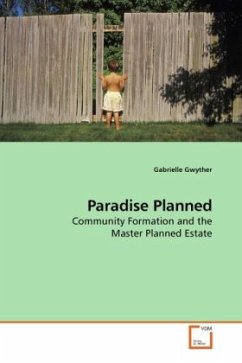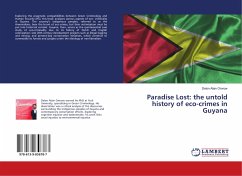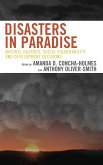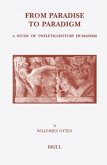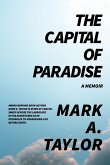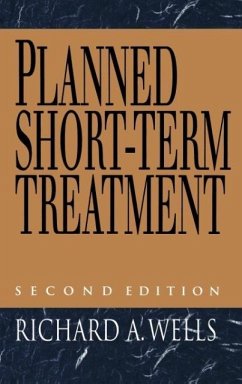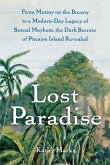Paradise Planned examines the relationship between the contemporary master planned community (MPC) and the process of community formation. The MPC has a long trajectory in terms of modernist utopian place- making. This book weaves together a historical analysis of utopian place-making with contemporary notions informing the MPC.Employing case studies of two planned residential developments on Sydney s urban fringe the book examines how the strategic planning of greenfield housing estates and the incorporation of social and physical infrastructure influences the development of community identity, social connectivity and social capital. The concept of social capital is employed to examine the relationship between communitarian and economic interests that underpin the emergent social structure of the MPC. The book also reflects on the extent to which the rise of the MPC has influenced the recent socio-spatial restructuring of Sydney s suburban fringe and the implication of the MPC for social exclusion. The book concludes by presenting a theory of the master planned community from the real life data gathered in the course of the research.
